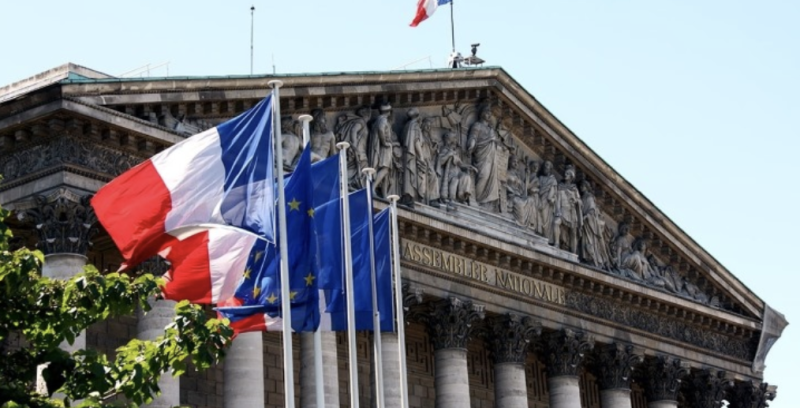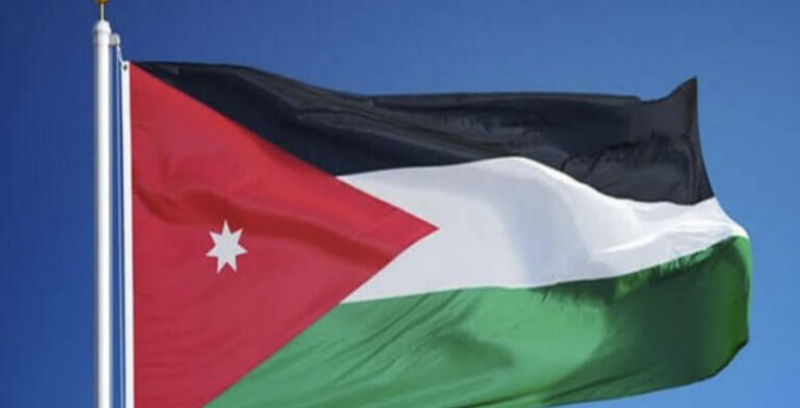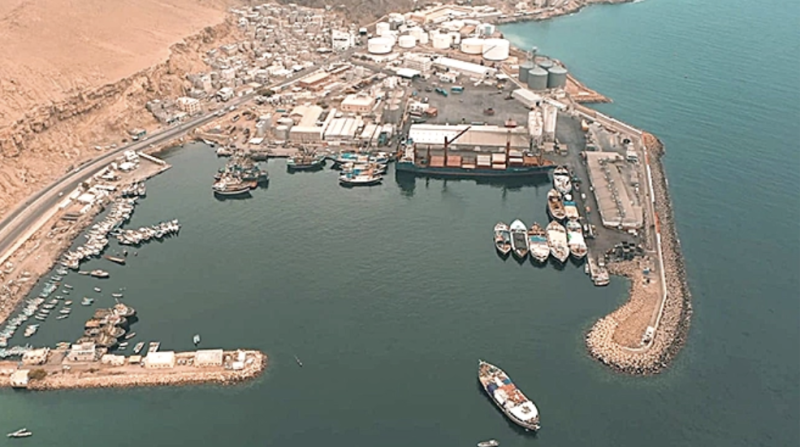Chaos of Houthi-Controlled ‘Arms Markets’ Grows in Yemen


The illegal arms market is expanding throughout the Yemeni capital Sanaa, which is under the control of the Houthi militias, Asharq Al-Awsat has learned.
Various types of weapons are easy to find in the capital, as the market continues to be fueled by the war that was ignited by the militias' coup against the legitimate government in 2014.
The proliferation of arms had been one of the main security concerns of the Yemeni government, one among four of what were considered the most pressing dangers to national security, before the coup. Now however, the situation has become much more dangerous.
“The expansion of the arms market has been accelerating at an alarming rate in public markets and spaces since the Houthis took over the city,” Sanaa locals told Asharq Al-Awsat.
The locals also said that the arms market is controlled mostly by the Houthis themselves, and that they sell these weapons from stores, the side of the road, their cars, and in public local markets.
Security officials working for Houthis in Sanaa confirmed that arms sales are widespread throughout the capital, and that there is no oversight of any sort over the arms market.
“This has hindered ordinary civilian activity and led to an increase in the murder rate, terrifying locals”. The sources blame this phenomenon directly on the Houthis.
The emergence of these open arms markets comes after the spread of the sale of the petroleum in the black market, which the Houthis also control.
The accessibility of weapons in areas under insurgent control has made them three times more expensive; a Russian made AK-47 can cost up to $2000 for example.
The war sparked by the militias not only led to the displacement and starvation of millions of Yemenis, but also transformed the economy and the markets.
In the Old City of Sanaa, which hosts ancient traditional markets (souks), many merchants have opted to sell weapons and ammunition instead of working on their traditional crafts.
According to local reports, there have been several incidents of ammunition and bombs, stored inside depots, exploding. This has made customers terrified of going to the crowded Shamilah Market, and caused extensive damage to some of the other shops in the area, most of which sell clothes and spices.
Observers believe that arms-dealing has become an extremely lucrative business for its merchants, most of whom are high-ranking Houthi members.
The observers put the boom that this industry is witnessing down the instability and absence of security that has prevailed since the insurgents took control of these areas and the fact that Houthis secured a lot of weapons shortly after their coup, when they looted centers that stored the arms of the military and security forces.

Paris – The French Ministry of Foreign Affairs issued a statement expressing deep concern over the situation in Yemen, while reaffirming its…

Amman – Jordan’s Ministry of Foreign Affairs and Expatriates issued a statement on Wednesday underscoring the Kingdom’s close mon…

Hadramout – A spokesperson for the United Nations Office for the Coordination of Humanitarian Affairs (OCHA) has warned of serious humanitari…